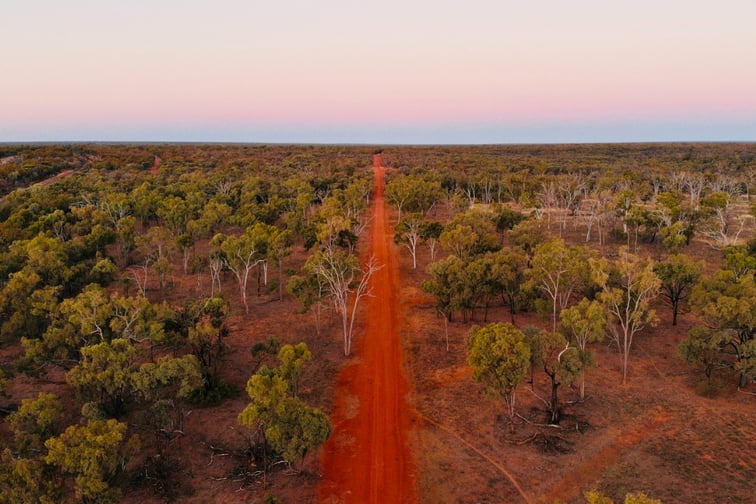

The price of new residential land has stabilised following a 26% increase in less than two years, according to the HIA-CoreLogic Residential Land Report, which provides updated information on sales activity in 51 housing markets across Australia.
Tom Devitt, HIA senior economist, said new residential land prices also remained relatively stable over the preceding two quarters, slipping only 0.2% in the September quarter.
“On a per-square-metre basis, prices fell even further as the desire for space and amenity that characterised the pandemic continued to push up the size of residential lots that Australians demand,” Devitt said. “Sales of new residential land also reached a new record low, with just 4,405 lots being sold in the September quarter 2022.
“This stabilisation of new residential land prices and falling sales volumes do not reflect an end to underlying shortages of land. Rather, they reflect a combination of worsening affordability and the shock of the RBA’s rate hiking cycle to consumer confidence and borrowing capacity.”
Devitt said that plunging prices, along with record-low sales volumes, are “disguising the underlying shortage of land in the short term.”
“Sales volumes started plummeting two years ago when land prices were soaring,” Devitt said. “This is strongly indicative of a shortage of shovel ready land in the face of strong demand.”
He noted that the recent price declines have also coincided with the steepest rate hiking cycle in a generation.
“A recovery in demand depends largely on the RBA’s future cash rate decisions,” Devitt said. “Once demand recovers, the underlying shortage of shovel ready land will further exacerbate the affordability challenges already facing aspiring homeowners and renters. Lower land prices and more affordable housing must be driven by a greater supply of land, shorter delivery times, and fewer regulatory and tax imposts, not by the destruction of confidence.”
Kaytlin Ezzy, CoreLogic economist, said it’s unsurprising that land sales have continued to trend downwards to new record lows, given that much of the available land supply was consumed over the September quarter and December quarter 2020, when the HomeBuilder scheme increased demand for land.
“Similar declines have been seen through a number of construction metrics, including dwelling approvals, which have trended 10% below the decade average for the past six months, and dwelling commencements, which are tracking 32.4% below the peak recorded in June 2021,” Ezzy said.
“While a 0.2% decline over the September quarter 2022 is fairly mild, we would expect the price falls to accelerate in the coming months. Australia’s residential land market typically follows the established dwelling market, which fell by 4.1% over the three months to September. Additional rate hikes, coupled with continually high construction costs, will add additional downward pressure on prices, with steeper declines expected in the December quarter 2022, and into 2023.”
Use the comment section below to tell us how you felt about this.
